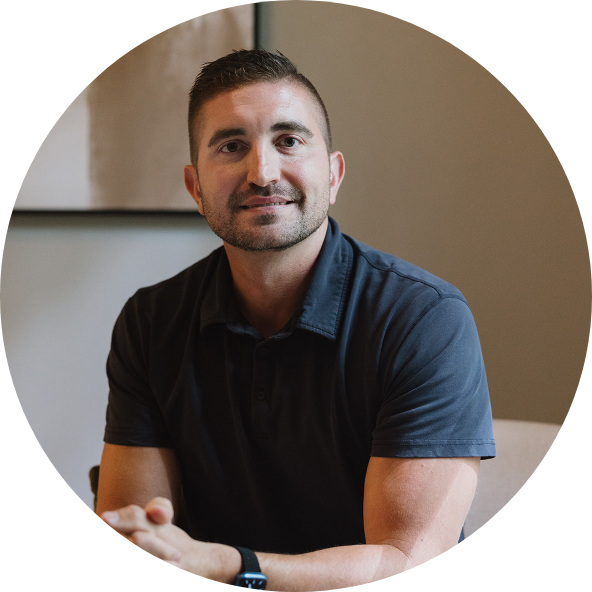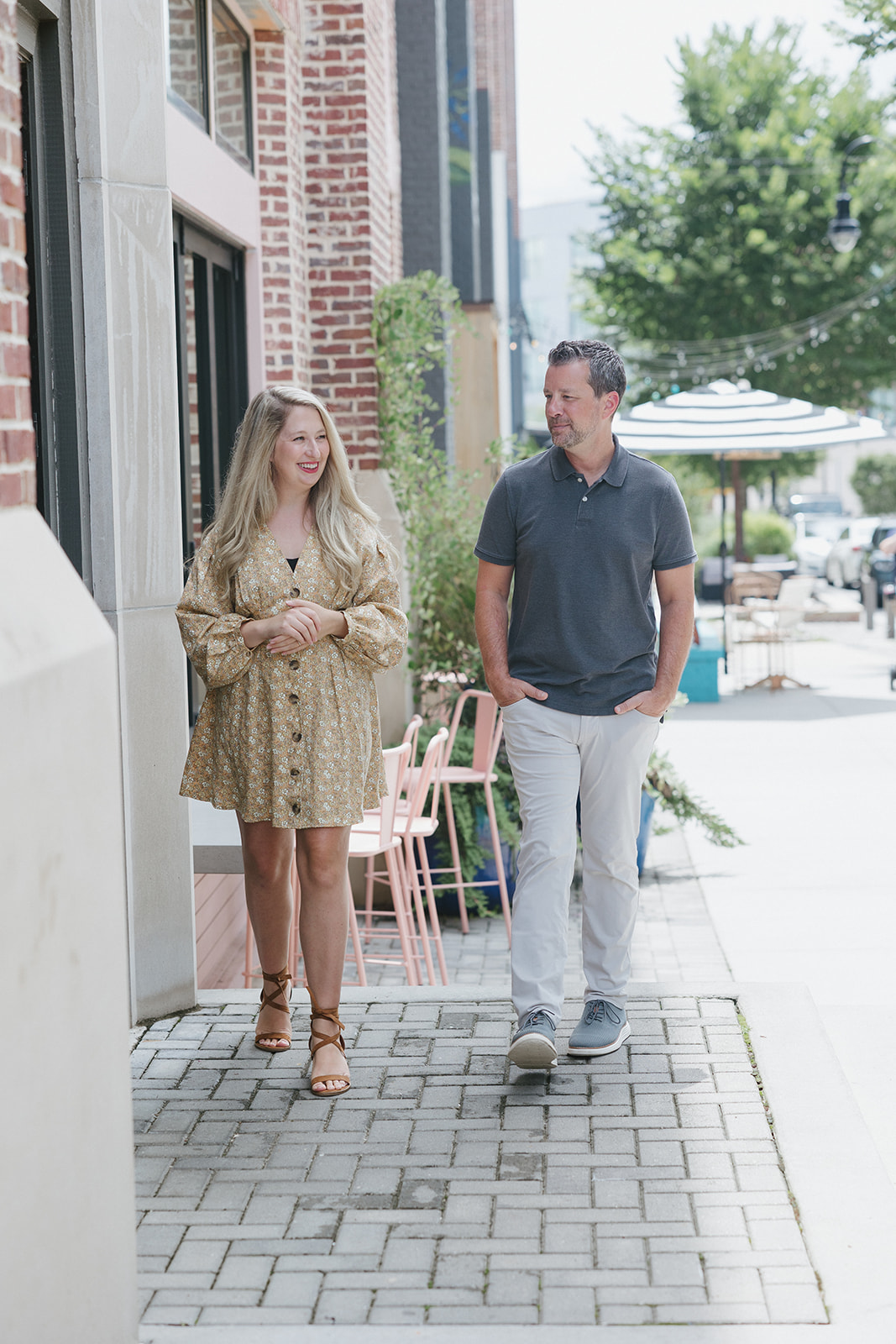Someone once said that the only two times ALL of your loved ones will gather together are at a wedding and at a funeral. It is much easier to discuss why people gather at weddings, so let\’s focus on the other necessary gathering: a funeral.
People gather at funerals to seek understanding and closure. If the death is unexpected, the people gathering will have many questions like: \”What happened?\”, \”Wow long were they in pain?\”, or \”Why did this happen?\”
Grief
Grief is a complex response to loss, particularly to the loss of someone or something with which a person has formed a significant emotional bond. It encompasses a range of emotional, cognitive, physical, and social reactions. These can include feelings of sadness, anger, guilt, and despair; difficulties with concentration and decision-making; physical symptoms such as changes in sleep and appetite; and social withdrawal.
Grief is recognized as a normal and natural process that varies greatly among individuals. Counselors understand that there is no \”right\” way to grieve and that the process can be non-linear, often involving stages such as denial, anger, bargaining, depression, and acceptance, as outlined in models like those proposed by Elisabeth Kübler-Ross. The goal in counseling is to provide support, validation, and tools for coping, helping individuals navigate their grief and find a path toward healing and adjustment.
First Stage of Grief
The First Stage of Grief is Denial. The purpose of denial is to protect the mind and body from unexpected or unwanted loss. Learn more in the video below
Second Stage of Grief: Anger
Anger is a necessary step in the healing process. Anger comes up when we are confronted with the unfairness of the loss. Learn more in the video below.
Grief\’s Third Stage: Bargaining
Bargaining is the \”what if…\” and \”why didn\’t…\” stage of grief. See more in the video below.
Grief\’s Fourth Stage: Depression
Depression is one of the hardest stages. We experience symptoms like: self-pity, loneliness, isolation, anxious, lost feelings, and withdrawl. We also get to a point in our cultural expectations where family, friends, and co-workers begin to move on with their lives and we experience a tension of letting go of our loved one and feeling like we need to move on too soon.
Grief\’s Fifth Stage: Acceptance
Acceptance is not a process of forgetting the loved one who you lost. Acceptance is learning to live with the loss in a different way than in the earlier stages of grief.
At The Pursuit, a group of experienced therapists have come together to offer best-in-class counseling services. We prioritize clinical theory, non-judgmental approaches, and effective interventions, treatment plans, and coping skills. We have therapists who specialize in different areas and we strive to find the best match for your unique needs. Are you ready to take the first step in your Pursuit towards a happier, healthier you? We invite you to book your free 20-minute consultation with one of our skilled therapists. Don\’t wait; it\’s time to invest in your well-being. Simply Book Now to start your Pursuit toward personal growth and positive change today. Keep reading if you want to learn more about Life Transitions











